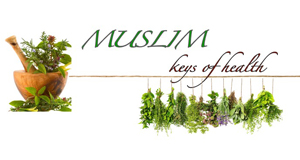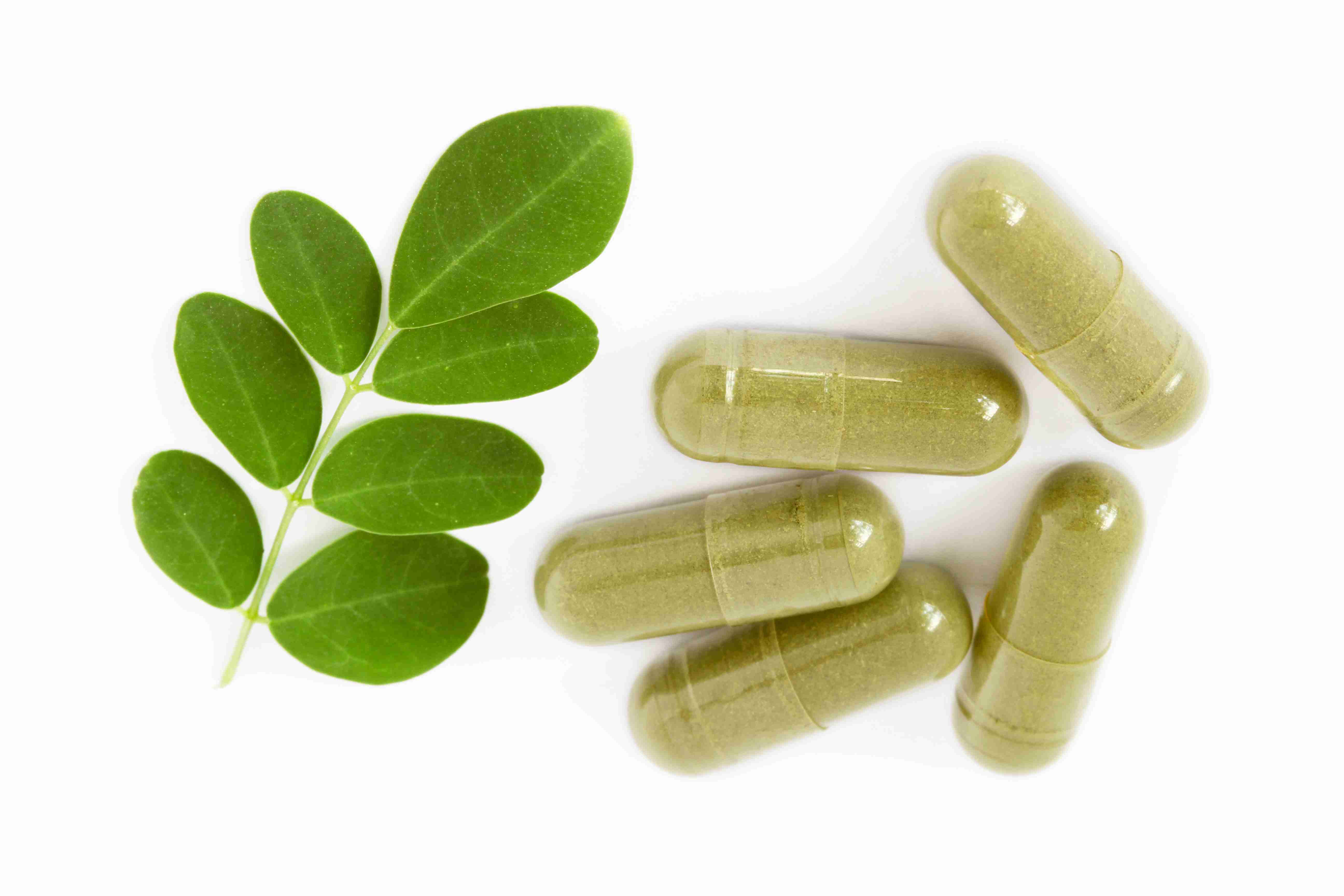SUPPLEMENTS FOR HEALTHY PREGNANCY
Pregnancy–that wonderful time when your body changes in ways you didn’t know possible, and all the unwanted advice you never expected to hear and are now having difficulty sorting through! Every culture has their own pregnancy myths, dos and donts and sometimes its overwhelming just to separate sense from non-sense.
One of the topics surrounded by myths and confusion is the use of herbs and supplements during pregnancy. Which supplements to take and which to avoid? Which herbs can cause premature contractions and which can relieve contractions?
In here, we will try to introduce you to some of the safe herbs and supplements to take during pregnancy and why you should be taking them. So here we go!
Pregnant women have higher nutrient needs which are often not attainable through our modern diet. Therefore, supplements are the only way to get adequate nutrients that a growing baby and a pregnant mother need. Supplement needs can vary for each mama-to-be, and all supplements should be approved by your naturopath, physician, or midwife to ensure safety.
BASIC PREGNANCY SUPPLEMENTS
There are some basic supplements which are generally considered safe and essential during pregnancy:
- Probiotics
It is best to obtain sufficient amount of probiotics from fermented foods and beverages like water kefir, greek yogurt, and kombucha. However, let’s be realistic. How many people really consciously add adequate amount of probiotics in their diet? Babies are born with a sterile gut; their gut bacteria begin to develop based on the beneficial (or not) gut flora of their mother. This is why what mama eats (or does not eat) is so important! Not only that…adequate probiotics can also help reduce the risk of Group B strep. - Omega-3s, DHA, RHA
Omega 3s no longer require an introduction. After a long war on fats, the world is finally coming to an agreement on the importance of good fats in our diet. Adequate good fats are absolutely essential for baby’s development and mama’s health. It is difficult to get enough of these good fats from our diet. High quality supplements of these fats can help reduce risk of pregnancy complications and give baby the necessary nutrients for good development. Cod Liver Oil is an excellent source of your necessary good fats and it is safe to use during pregnancy. - Vitamin D
Like we always say…pregnancy care starts before conception. Women who are generally healthy, active and who consume adequate nutrients tend to have easier pregnancies with far less complications and better recovery time. A recent article reported that high intake of Vitamin D may cut pregnancy risks. It states, “compared to women who took 400 IU of vitamin D daily, those who took 4,000 IU were half as likely to develop gestational diabetes, pregnancy-related high blood pressure, or preeclampsia, Wagner says. They were also less likely to give birth prematurely.” Vitamin D needs vary, but many health care practitioners are now suggesting from 4,000 IU to 10,000 IU a day. The best source of Vitamin D is from safe exposure to the sun but it can also be obtained from fermented cod liver oil and supplements. - Folic Acid
Folic acid is a vitamin that helps your baby’s neural tube grow, which is part of the baby’s nervous system. Women who do not get enough folic acid may be at risk of having a baby with a neural tube defect known as spina bifida. Since we don’t know who is at risk, it is recommended that all women take folic acid supplement for up to at least 12 weeks of pregnancy. Folic acid is known as folate in its natural form. The current recommended dose is 400 micrograms, though many doctors recommend up to 2,000 micrograms for optimal development. Though folate is difficult to overdose on, just like any other supplement, it should be taken under the care of your doctor. - Iron
Anemia can cause serious complications during delivery which are easily preventable. If iron levels are found to be low, simple life style adjustments can make a difference; such as cooking with cast iron pans, eating red meat and organic liver, and eating vegetables with high iron content. However, supplements are an available option and are safe to take. - Glutathione
Glutathione is an antioxidant which plays an important role in the development of the fetus. Glutathione detoxifies pollutants in the placenta before they reach the fetus thereby protecting the baby from harm. It also supports the immune function which is essential for moms since immune system is suppressed during pregnancy. - Prenatal Vitamins
A good prenatal vitamin contains all essential nutrients that a mom-to-be and her growing baby needs. The main reason behind taking them is to cover any nutritional gaps from consuming inadequate diet. According to WebMD, a good prenatal vitamin should include at least the following:- 400 micrograms (mcg) of folic acid.
- 400 IU of Vitamin D
- 200 to 300 milligrams (mg) of calcium.
- 70 mg of Vitamin C
- 3 mg of thiamine.
- 2 mg of riboflavin.
- 20 mg of niacin.
- 6 mcg of Vitamin B12
- 10 mg of Vitamin E
- 15 mg of zinc.
- 17 mg of iron.
- 150 mcg of iodine
Some reputable companies contain a blend of vitamins, minerals, herbs, and enzymes in their prenatal supplements to provide a more comprehensive care. In some cases, the doctor may recommend a certain type of prenatal vitamin depending on the woman’s specific needs. When taking a prenatal vitamin, there is no need to take additional supplements of Vitamin D, Folic Acid, and Iron.
- Digestive Enzymes
During pregnancy, your digestive tract goes through several changes. It slows down significantly, to help ensure that you are able to extract all the nutrients from the food you eat. You also experience loosening of the cardiac sphincter, which normally separates the stomach from the esophagus. This results in upset stomach, acid indigestion, heartburn, constipation and other digestive related complains during pregnancy.Though there is a general consensus about the safety of digestive enzymes during pregnancy, there is a lot of debate surrounding their effectiveness. Many experts believe that digestive enzymes do not necessarily solve the problems because our bodies do not know how to make use of them. This is only partially true. Some enzyme supplementation may help while others may not. It is mainly dependent on what foods the body is having difficulty digesting. As always, it is best to consult a naturopath to decide whether you should take digestive enzymes, and of what kind.
Tags: prenatal, postnatal, female

